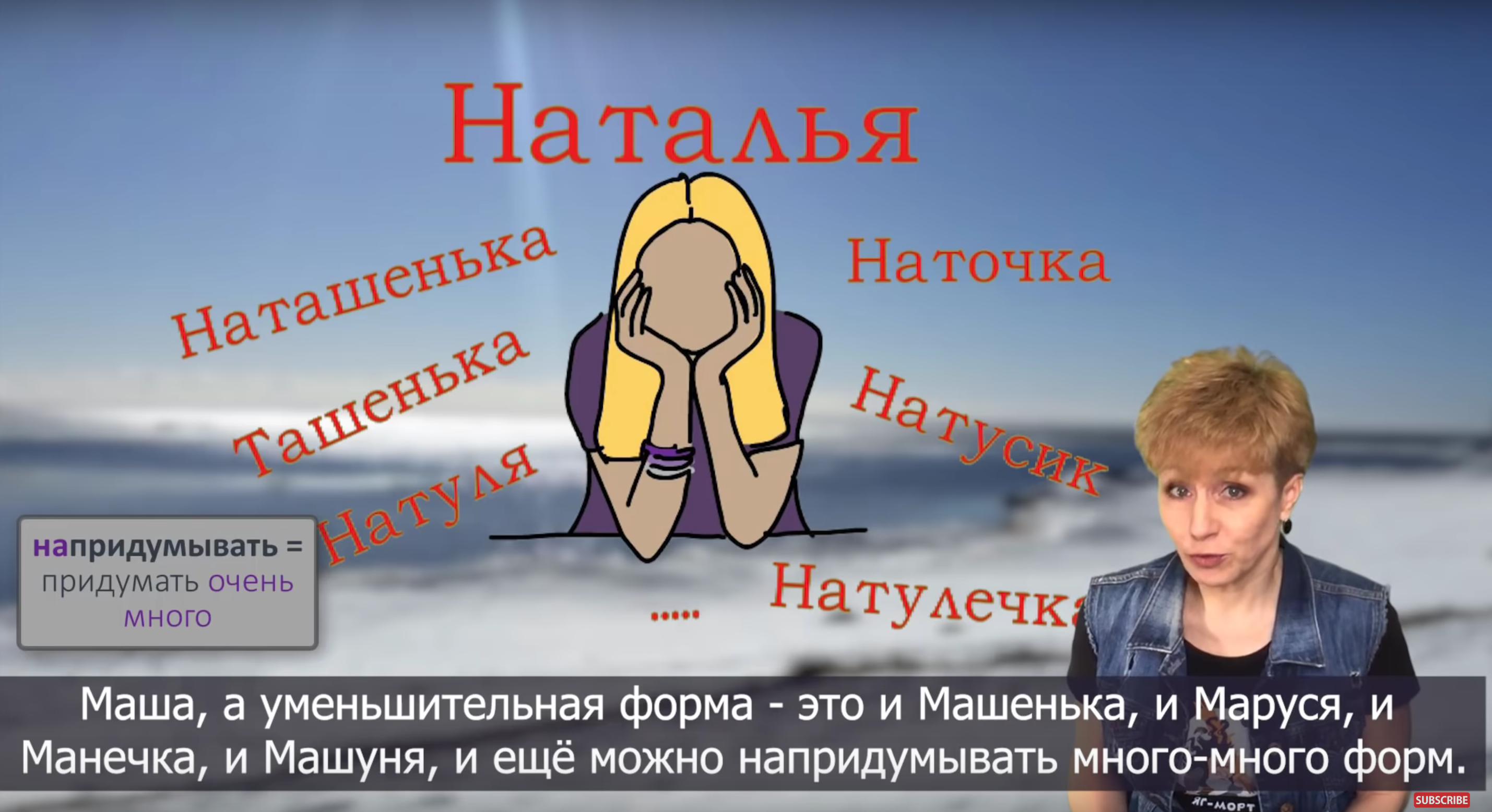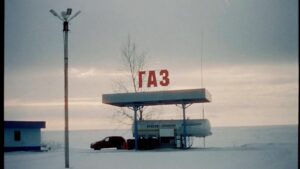
Learn more in What is отчество in Russian?! Abbreviation ФИО in Russian (Ru-Land Club, 2017, 9 m) and Basic guide to Russian names | Name, Last Name & Patronymic in Russian (Daria Mikhay, 2017, 5 m).
Son or daughter
The отчество (óhtjestva) is slightly different for a son than for a daughter. If Vladimir is the father, the patronymic for the son (m) would be Vladimirovich, and for the daughter (f), it would be Vladimirovna (with the stress on the second syllable for both). There are some variations, but not many. Usually, it’s the father’s first name + ович or евич (m), овна or евна (f).
Check out Russian patronymic names / Patronyms (Live Russian, 2018, 8 m), and practice on mezhdunami.org.
Many forms
In addition to (usually) the family name, the father’s name is also used, similar to how we use a surname in the West. If your name is Ivan Ivanovich Ivanov (same first name as your father), you could be referred to as either Ivan Ivanovich or Ivan Ivanov. This is one reason why Russian novels can sometimes make it hard to keep track of who is who.
To make matters worse, Russians often use nicknames, pet names, and shortened forms. Every first name has variations that may not immediately make sense to non-Russians. For example, an Aleksander is also Sasha, and so on.
See All about Russian Names (Be Fluent in Russian, 2018, 9 m), Diminutive names. 10 Most Awkward Mistakes in Russian (Cafe Russian, 2016, 2 m), and Russian Names (Fun Russian, 2013, 5 m). Read Russian Nicknames on ikwilnaarrusland.nl (2018) and Russian Spy Names at russiancrashcourse.com (2019).
Russian for Intermediate Learners: Russian First Names Made Easy
(Russian from Russia, 2019, 14 m)
Names and cases
Things get tricky when grammar interferes with names. Russian grammar follows rules you might not expect. For example, a name can be treated as either a noun or an adjective.
This topic is more advanced. You can explore it in Intermediate Russian: Declension of Surnames (Russian from Russia, 2020, 13 m), Russian Surnames: фамилии на -ов/-ев, -ин/-ын (Russian grammar, 2018, 4 m), and Declension of Russian Names (Intermediate Russian, 2019, 5 m).
From Amazing Russian, there’s Intermediate Russian II: Declension of Last Names (2019, 14 m). Also, check out Новое русское имя? A New Russian Name? on their website. For beginners, Beginning Russian: Making Sense of Russian Names (2016, 10 m) is better suited.
Learn more in Russian names / Patronymic / Formal and Informal language (Russian Icebreakers, 2019, 5 m) and Learn about Russian Names to Avoid 3 Common Mistakes (Weekly Russian, 2016, 4 m).
Podcast: Russian names (Slow Russian Episode 14) (Real Russian Club, 2016, 14 m), also on Spotify.
More
Taal
There was certainly no shortage of YouTube channels teaching Russian, but there’s always room for one more – therefore, also always for more than one. Here are seven pretty new ones, worth checking out.
Amsterdam, November 4. In the queue of people waiting in front of the doors of AFAS. Where Zemfira will soon be performing. Left, right, front and back: Russian everywhere. My company almost feels at home.
VERB VOCABULARY
Verbs work for those who want to make sentences. There – work and make, there you already have two. And try to make Russian out of that sentence if you if you don’t know работать or делать. So work, also on your vocabulary.
Even with bad news there is good news: there is a lot to learn from it. Russian news articles are excellent teaching material, even for the more advanced student.
The sixth noun, in Russian предложный падеж, is for most students the first one they learn. The reason is simple: the sixth grammatical case itself is.
OPERATION WAR
And then it became war. Or should we say began the special military operation. On February 24 2022 Russian troops entered Ukraine. It was allowed neither war nor invasion be called, but it was akin to both.







